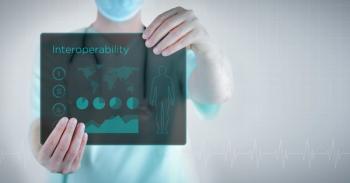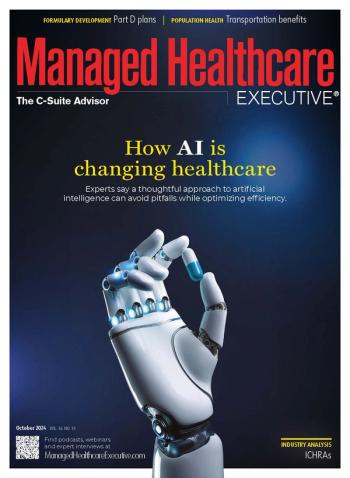
Four Health Tech Happenings Health Execs Need to Know
With so many developments in healthcare technology, here’s a list of the news that is most important to healthcare executives.
With so many developments in healthcare technology, here’s a list of the news that is most important to healthcare executives:
1. Health tech executives ramp up cybersecurity plans due to malware threats.
With an increase of connected medical devices permeating the healthcare system, many top healthcare executives are not confident that those devices are safe from cybersecurity attacks, according to a KLAS Research
The survey, which was conducted along with the College of Healthcare Information Management Executives, found that 18% of respondents have dealt with a malware or security issues with a medical device in the last 18 months. Almost half (47%) of respondents say that they have developed security programs in the past year to manage the possibility of a cybersecurity threat. Nearly all of the executives surveyed (96%) blamed device manufacturers for security vulnerabilities.
2. Apple adds more hospitals to health record platform.
Apple continues to broaden its footprint in healthcare by adding four more hospitals to its Apple health record feature. The
The latest hospitals to join the initiative are:
Related:
3. Hackers top health hazards of 2019 list.
ECRI Institute ranks the top health hazards of 2019, stating that many of the threats are avoidable with planning and strategy. The organization surveyed engineers, clinicians, and patient safety specialists about the biggest issues facing hospitals and clinical care organizations. Topping the list is hackers exploiting remote care systems.
“Remote access systems are a common target because they are, by nature, publicly accessible. Intended to meet legitimate business needs, such as allowing off-site clinicians to access clinical data or vendors to troubleshoot systems installed at the facility, remote access systems can be exploited for illegitimate purposes,” ECRI states in an
Other health technology hazards cited include:
- Confusing dose rate with flow rate can lead to infusion pump medication errors.
- Improper customization of physiologic monitor alarm settings may result in missed alarms.
- Flawed battery charging systems and practices can affect device operation.
4. Amazon, Google invest in a voice operating system for end-to-end care.
Two tech giants, Amazon and Google, have invested in a startup company called Aiva Health, a voice-activated care assistant to patients and seniors. The voice activated operating system can be used on Google Home, Amazon Echo, and other smart speakers. The operating system provides a dashboard on a mobile app to caregivers that can manage requests and connect to lighting, thermostats and entertainment devices in the user’s home.
Newsletter
Get the latest industry news, event updates, and more from Managed healthcare Executive.

























